
Do prolactin-elevating antipsychotics put women at risk for endometrial cancer?

Do prolactin-elevating antipsychotics put women at risk for endometrial cancer?

Which gene is not associated with risk for the development of TD? What is the prevalence of TD in patients with schizophrenia treated with antipsychotics? Those questions and more in this quiz.
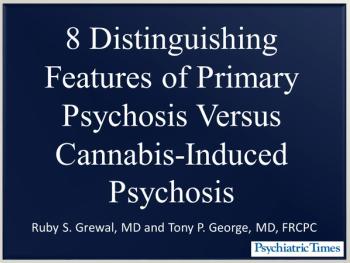
The authors compare the clinical features of idiopathic psychosis (eg, schizophrenia) with cannabis-induced psychosis.

A novel neuromodulatory intervention for an often-overlooked but nonetheless damaging effect of schizophrenia.

Brian Miller joins the Editorial Board of Psychiatric Times.

Numerous lines of evidence suggest a correlation between cannabis consumption and a variety of psychiatric conditions, including cannabis-induced psychosis.
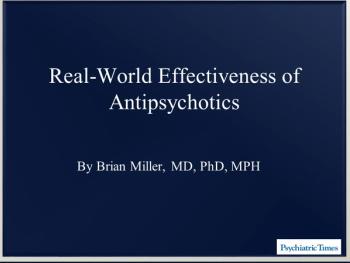
Which of these agents best prevents relapse? A recent study employed a novel approach to find out.

How widely used is this “gold-standard” antipsychotic?
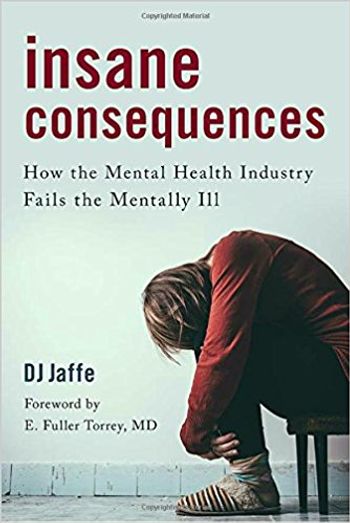
We have criminalized mental health problems-a barbaric throwback to the dismal conditions before the Enlightenment.

Have antipsychotic and placebo responses in acute schizophrenia changed over time?
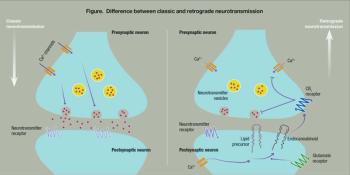
Here's why psychiatrists and other mental health professionals need to understand the relationship between cannabis and mental disorders.

Because patients who have psychiatric illnesses typically receive less frequent medical care, psychiatrists must aim to ensure appropriate monitoring of metabolic parameters when antipsychotic medications are used.
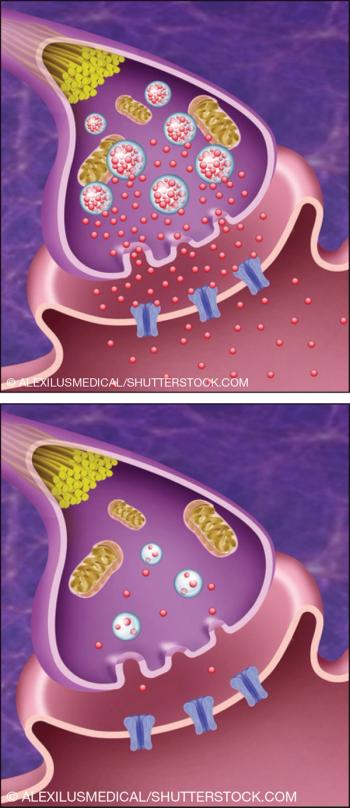
We’ve been waiting since 1953, the year chlorpromazine was introduced to the US as a revolutionary treatment for schizophrenia, for an active treatment for tardive dyskinesia that the FDA judged to be effective.

How does a pituitary result in a psychiatric emergency? Read more clues to this clinical puzzle.
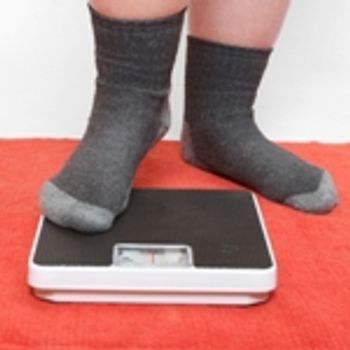
Despite increasing awareness of the cardiovascular risks, adequate treatment of the metabolic syndrome remains a persistent challenge.
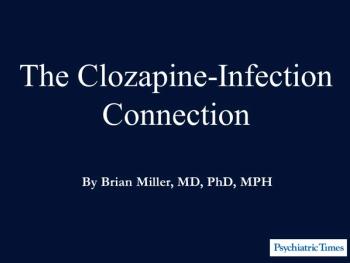
Monitoring patients for 5 key changes can help avert drug toxicity.

Here: common misconceptions about assisted outpatient treatment--and how this tool can help selected mentally ill patients who are most difficult to treat.

Functional remediation therapy addresses the cognitive problems of the nearly 50% of patients who remain impaired even when euthymic.

Marijuana-related problems fall well within the scope of psychiatric practice: many patients use marijuana, which is likely to affect their psychiatric symptoms and response to treatment.
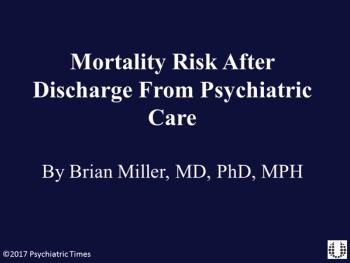
Which patients are at greatest risk for premature death following discharge?

Renewed interest and emerging systematic data have highlighted the frequency and pattern of catatonic presentations in psychiatric and medical settings, including in critical illness.

The results of a phase 3 trial demonstrated significant benefit over placebo.

A psychiatrist's chess game with his patient didn't go the way he expected.

The therapist "goes underwater" with the patient to find what lies in her mind.
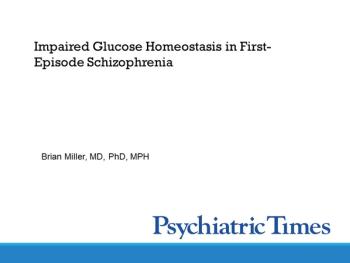
Recent findings suggest metabolic abnormalities may be independent of the effects of antipsychotics.